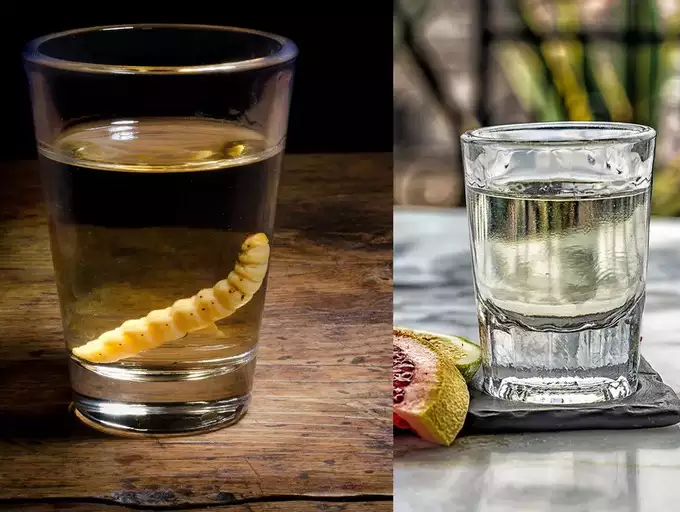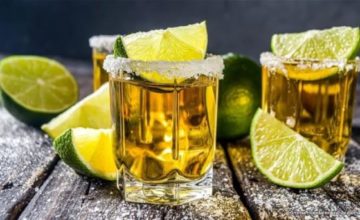
When we talk about Mezcal, people assume that it is just another tequila, as it is distilled from the same plant – agave. Both these liquors are from Mexico.
Many people don’t understand the difference between mezcal vs tequila. What is surprising is that they both are used interchangeably while making cocktails such as the margarita or paloma.
However, when we go into the detail, there are lots of differences between the two. Here is all you need to know about both liquors and their major differences.
Type of agave used
Differences based on region
Both the liquors are of Mexican origin, however, it is only tequila if it has been produced in five designated regions – Jalisco, Michoacán, Nayarit, Tamaulipas, and Guanajuato. While mezcal, on the other hand is something that may be produced in nine designated regions: Durango, Guanajuato, Guerrero, Michoacán, Oaxaca, Puebla, San Luis Potosí, Tamaulipas, and Zacatecas. If we talk about one region where most tequila is made, it is the Jalisco region, while 85 per cent of mezcal is made in the Oaxaca region of Mexico.
The difference in key flavours
The distillation process
The ageing
Post-distillation, both the liquors are aged in oak barrels, though with different ageing/labelling categories. Tequila is often labelled as blanco (up to two months of age), reposado (2 months-one year of age), or anejo (1-3 years of age). On the other hand, Mezcal labellings are slightly different, going by joven, reposado, or anejo. Joven is the same as tequila’s blanco (up to two months of age), reposado is the same, and anejo (for mezcal) requires a minimum of one year of age.



